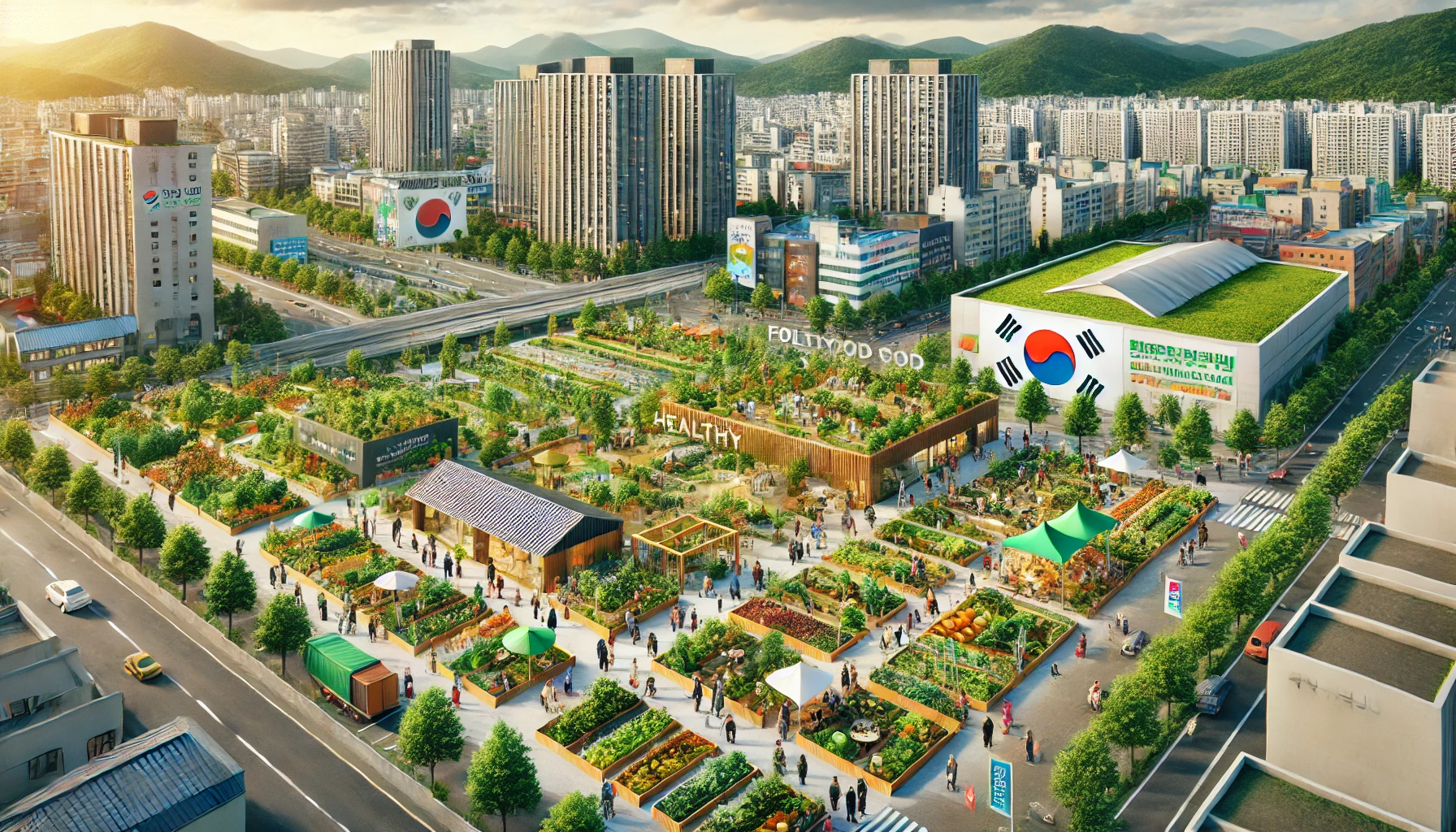Gwangju Dong-Gu’s Vision for Health: Redefining Food Security and Urban Wellness
Gwangju Dong-Gu, Korea, piloted the WHO’s Urban Health Capacities Assessment to enhance community health through food innovation, identifying gaps and creating actionable plans. This initiative showcased evidence-based strategies and cross-sectoral collaboration as a model for sustainable urban health solutions.

In Gwangju Dong-Gu, Republic of Korea, a transformative initiative spearheaded by the World Health Organization’s Urban Health Capacities Assessment and Response Resource Kit, in collaboration with the Korean Academy of Urban Health and the Korea Healthy Cities Partnership, is reshaping urban health strategies. Conducted between May and July 2024, this participatory self-assessment addressed pressing challenges in building a healthier community through improved food-related practices and policies. The effort revealed significant gaps in readiness, with only one of the 25 capacities assessed rated as fully operational and sustainably funded. This stark evaluation set the stage for the development of a comprehensive and evidence-based action plan to advance urban health goals.
Building Health Through Food Innovation
The district’s efforts are anchored in a broader ambition to improve health outcomes through innovative food policies. Since 2021, Gwangju Dong-Gu has relied on its Public Food Support Centre to implement food-related initiatives, despite limited agricultural land. Programs offering free meals to low-income families and efforts to promote urban agriculture have laid a foundation for food security. The Food Plan, set for rollout in 2025, aims to integrate urban agriculture into community life and redefine healthy eating practices. This initiative underscores the district's commitment to addressing systemic challenges while leveraging its strengths to foster resilience and sustainability.
Mapping Gaps to Strengthen Capacities
The assessment team, guided by Dr. Eunjeong Kang, established a shared goal: to build a healthy community through healthy food. Scoring capacities across four domains decision-making, policy implementation, resource management, and partnerships highlighted gaps and opportunities. With most capacities rated as insufficient, the team prioritized actions to expand food awareness through initiatives like the “Healthy Village Project.” By educating citizens on healthy food practices and leveraging existing community structures, such as groups providing meals to vulnerable populations, the district identified practical pathways to progress. Recommendations also included training urban farmers and implementing legal frameworks for sustainable food use in public services.
Mobilizing Stakeholder Support
The findings from the assessment were presented to senior officials, including the Mayor, at a multi-stakeholder meeting. The endorsement from leadership highlighted the value of evidence-based planning and demonstrated the potential of local teams to lead without excessive reliance on external consultants. These insights were shared nationally at the World Health City Forum, showcasing Gwangju Dong-Gu as a model for innovative urban health solutions. According to Dr. Kang, the resource kit's flexibility and logic enabled a smooth, collaborative process, creating momentum and clarity among team members. The evidence gathered helped secure buy-in from stakeholders, fostering a united commitment to the district's vision.
Paving the Way for Sustainable Urban Health
This initiative has set a precedent for balancing short-term achievable goals with long-term strategies in resource-constrained settings. By integrating food-related objectives with existing community programs and statutory plans, the district has demonstrated how urban health goals can align with governance priorities. The synergies identified between existing initiatives and broader objectives underscore the potential for urban health innovation to create a lasting impact. Gwangju Dong-Gu’s experience offers a replicable model for addressing urban health challenges globally, proving that evidence-based planning and cross-sectoral collaboration can transform urban health landscapes into sustainable, community-centered ecosystems.
- READ MORE ON:
- Korea
- Korea Healthy Cities Partnership
- Public Food Support Centre
- FIRST PUBLISHED IN:
- Devdiscourse










